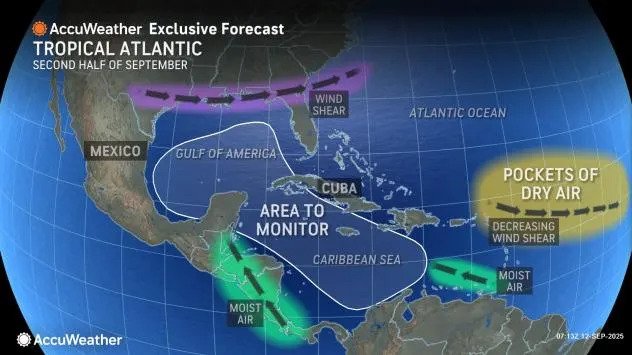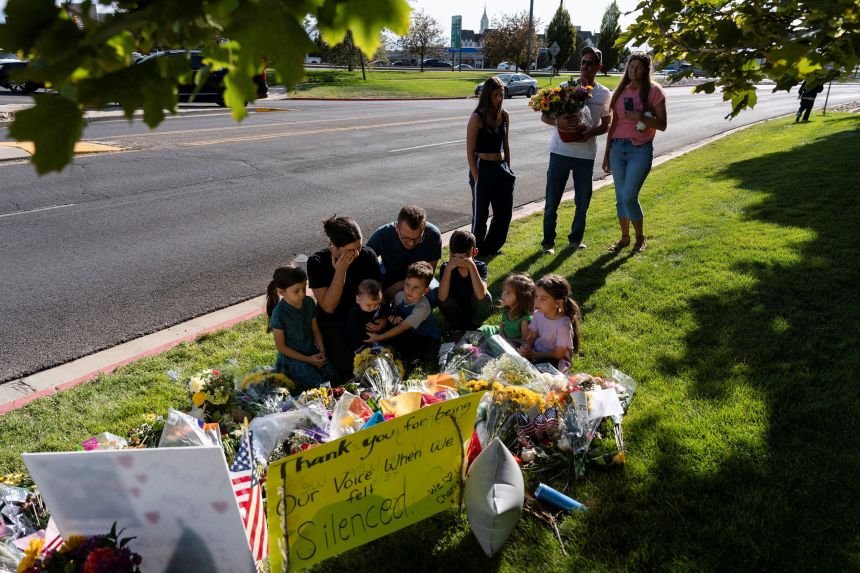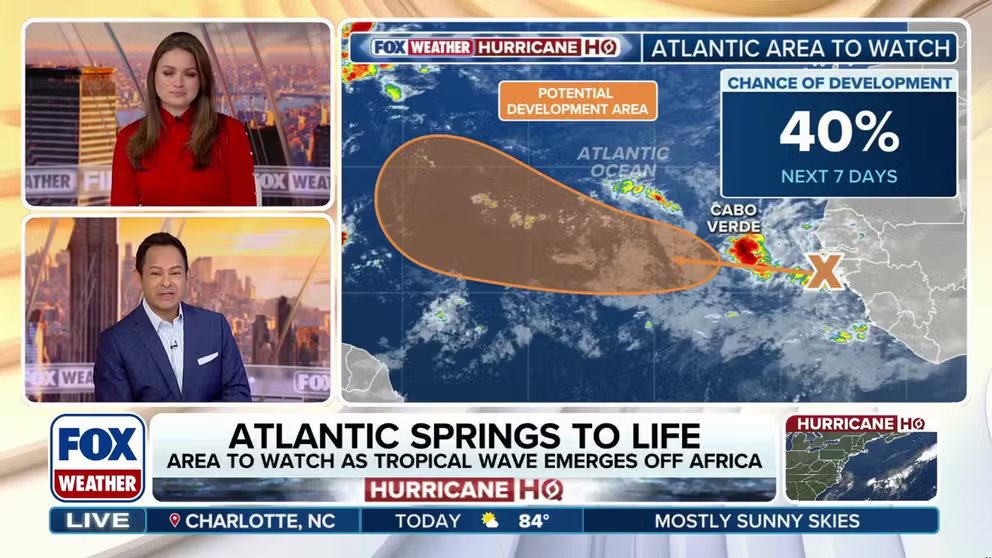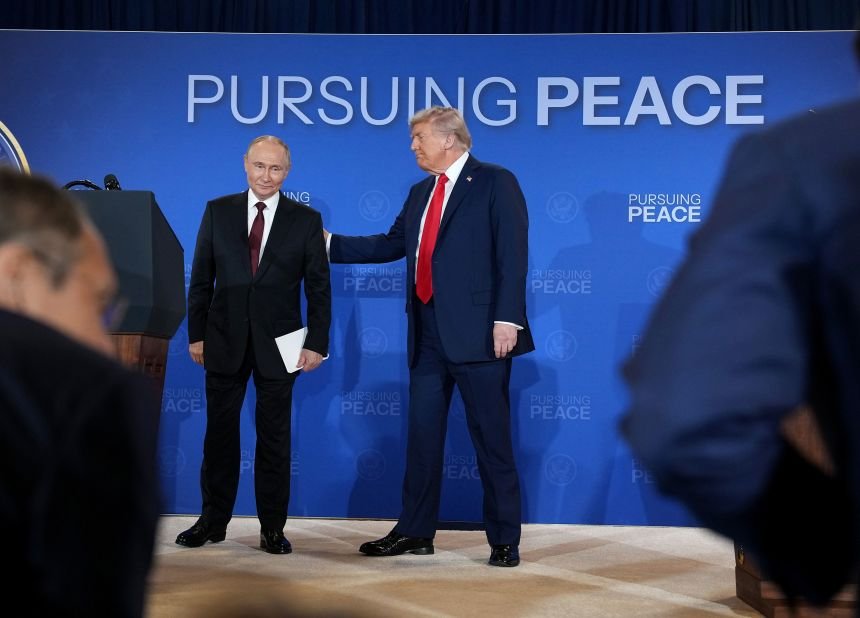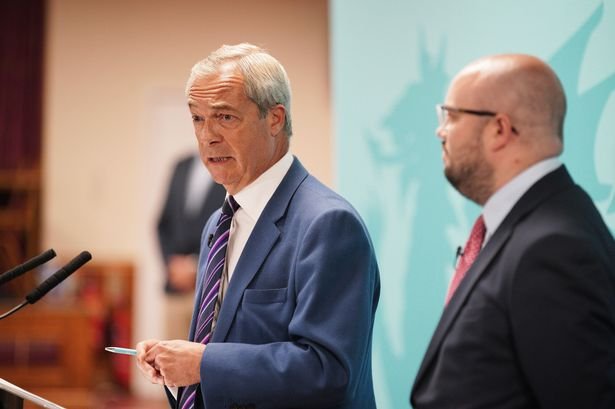Brett McGurk is a CNN global affairs analyst who served in senior national security positions under Presidents George W. Bush, Barack Obama, Donald Trump and Joe Biden.
Israel just launched airstrikes in the capital of Qatar, targeting Hamas’s political leadership. So, what happens now?
The Israeli operation is not entirely surprising. Hamas’s leaders have been dead men walking since October 7, 2023, after Hamas invaded Israel, massacred over 1,000 Israelis, and took nearly 250 more as hostages. Israel has made clear since then that it will target every Hamas leader whether inside Gaza or abroad and they have acted on that commitment.
So, this operation could be viewed as a long time coming.
But an event that’s not surprising, can still be shocking. That’s how I’d describe what just happened, for three reasons:
First, Israel openly claimed credit.
The last time the Israelis targeted a Hamas leader outside of the Gaza Strip – an operation that killed Al-Hayya’s predecessor, Ismail Haniyeh, in Tehran last year – they said little to nothing about the operation. Sure, the world suspected Israel was responsible but a cardinal rule of clandestine operations is not to talk about them. And in the case of Haniyeh, Israel did not claim credit for his death until five months after the operation was carried out.
Here, the Israelis immediately and publicly took full credit for the operation. They wanted the world to know that Hamas leaders will not only be targeted anywhere, but in the brazen manner with a named operation (“Summit of Fire”) consisting of ten military aircraft firing ten air-to-ground munitions.
Second, both the United States and Israel had asked Qatar to host these leaders.
This was not a strike against a secret terrorist compound in a remote area. It was a strike against a location known to the United States and Israel in the capital of a country that works closely with both. Such an act is unprecedented.

I have spent months in Doha negotiating through the Qataris with Israelis and Hamas for the release of hostages. The location of Hamas was not a secret. There was an unstated understanding that while Israel could assassinate the leaders, they would not do so given Qatar’s role in mediating talks.
Third, the strike makes a hostage deal less likely. The only way to return the remaining hostages safely is through a negotiated deal The hostages are being held deep underground, making military rescue operations difficult. Hamas has stated publicly that any effort to rescue the hostages will result in their deaths. Absent a deal, the hostages will not be freed.
Negotiating a deal requires negotiating with the Hamas leadership in Doha and through those leaders with the militant leaders inside Gaza. There is no other way to do it.
The operation that Israel has just conducted in all likelihood brings that process to a halt. Qatar may suspend or downgrade its mediation role. And if the operation was successful, there may no longer be any Hamas leaders outside of Gaza with the clout needed to close a deal and secure the freedom of the hostages in any case.
Hamas has few tools available to respond to this attack by Israel. Its military capability has been significantly degraded and its ability to exert force into Israel diminished. Hamas can still inspire terrorist attacks inside Israel, as it apparently did earlier this week with a horrific attack in Jerusalem against Israeli civilians waiting at a bus station during the morning commute. But otherwise, Hamas is a rump of what it was before October 7, when the organization existed as an organized military force.

However, Hamas controls the fate of the hostages, twenty of whom are still alive after 700 days in captivity. There is now significant risk that Hamas retaliates against Israel by executing one or more of the hostages. The aim would be a signal to Israel that the only way to save the hostages is to stop the war and accept Hamas remaining in power in Gaza, which Israel will never do.
To reduce this risk to the hostages, the United States can make clear that any harm to them will result in an even worse situation for Hamas. The White House can halt its efforts to secure or guarantee a deal of any kind. Hamas has long hoped that Trump at some point might demand that Israel stop its operations in Gaza even before reaching a deal. Trump can foreclose that possibility and make clear that the United States will continue to support a negotiated settlement only if the hostages are unharmed and ultimately freed.
No matter what one thinks of this operation, it’s important to keep in mind the victims of Hamas’s terrorism, including more than forty Americans that were killed during the Hamas attacks into Israel on October 7, 2023. The leaders of Hamas, including those targeted in the Israeli operation in Doha, praised those massacres, and promised to carry them out more of them. Their fate was sealed when they made the decision to conduct such an attack, and their removal is measure of justice done, no matter how it was done.
In a carefully crafted White House statement earlier today, Karoline Leavitt said “President Trump believes this unfortunate incident could serve as an opportunity for peace.” Israeli Prime Minister Benjamin Netanyahu around the same time said he is prepared to move ahead with the deal the United States presented days ago. That deal demands that Hamas release all living hostages and remains of the dead immediately in exchange for Palestinian prisoners and the start of a process to negotiate a permanent end to the war.
We can all hope that Hamas come to its senses and accepts those terms, but such an outcome is unlikely. The more likely scenario is that this conflict continues and it may take weeks in the best case to restore any diplomatic path at all.


